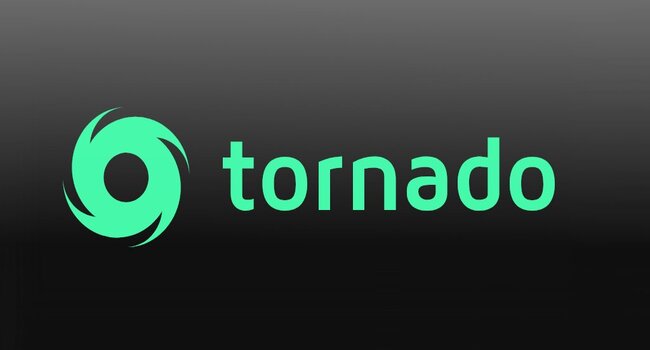Highlights:
- Coinbase’s Paul Grewal argues that the Tornado Cash lawsuit should proceed despite being delisted.
- The U.S. Treasury removed Tornado Cash from its sanction list after a court ruling.
- Grewal cites a Supreme Court ruling that gives cause to continue with the lawsuit.
Following a ruling in the project’s favor, the U.S. Treasury officially removed Tornado Cash from its sanctions list. On March 21, 2025, this decision reversed sanctions that the Office of Foreign Assets Control (OFAC) had imposed in August 2022. Tornado Cash was accused by these sanctions of facilitating money laundering, particularly by North Korea’s Lazarus Group.
As a decentralized protocol, Tornado Cash faced serious legal trouble since it was designated by OFAC for allegedly helping facilitate illegal transactions. Nevertheless, in November 2024, a federal appeals court ruled the Treasury’s sanctions on the platform’s smart contracts on the platform were overreaching. The legal battle over the crypto mixer is not yet over, as this ruling opened the way for getting rid of sanctions.
Coinbase Legal Chief Criticizes Treasury’s Dismissal of Case
Although the Treasury resigned Tornado cash from the sanction list, Coinbase’s Chief Legal Officer Paul Grewal is pushing back. On March 24, Grewal argued on social media that the court should not dismiss the lawsuit merely because the Treasury reversed its decision. Grewal says this protocol does not align with legal rules that govern the treatment of such cases.
Power does not recede voluntarily. It's gasps and it gasps until it no longer can. @USTreasury filed yet another late Friday pleading against Tornado Cash. After grudgingly delisting TC, they now claim they've mooted any need for a final court judgment. But that's not the law,… pic.twitter.com/Je8KD51X0q
— paulgrewal.eth (@iampaulgrewal) March 23, 2025
Grewal highlighted the legal notion of ‘voluntary cessation’ which refers to when a defendant stops contested behavior. However, that principle only applies where the defendant can guarantee that he will not again engage in similar behavior. In such a case, Grewal argues that such an assurance has not been provided by the Treasury.
He cited a 2024 Supreme Court opinion concerning a US citizen named Yonas Fikre. The government removed him from the No Fly List. Though the government removed Fikre’s name from the list, the case will persist because there is no assurance the government won’t put his name on the list again. The same principle should apply to the Tornado Cash’s lawsuit, Grewal argued. While the Treasury removed it from the sanctions list, it has not promised to keep it off in the future.
The Treasury’s Argument for Mootness
The U.S. Treasury responded to the continued legal proceedings by saying the case is now moot. By removing Tornado Cash from the sanctions list, the department said it had resolved the issue at hand. The Treasury argued that the courts should determine whether they still had jurisdiction over the case since the sanctions no longer apply.
The Treasury’s argument is based on the fact that, like any other federal court, the judiciary has a continuing obligation to satisfy itself that it has jurisdiction. In this situation, it thinks that the case is no longer necessary because the initial issue, Tornado Cash being included on the sanctions list, is no longer relevant. However, Grewal disagreed and asserted that the case should remain ongoing to prevent such sanctions from being returned without due process.
The actions of the U.S. Treasury may be a sign that there is a turning point in the case. However, the legal challenges facing Tornado Cash’s founders remain. A Dutch court suspended the pretrial detention and released developer Alexey Pertsev from prison under electronic monitoring. Pertsev is appealing his money laundering conviction.
Dear Friends, on Friday 7 February at 10 am I will be free! It is not real freedom, but it is better than prison. Today, a Dutch court suspended my pretrial detention under the condition of electronic monitoring. This will give me a chance to work on my appeal and fight for…
— Alexey Pertsev (@alex_pertsev) February 6, 2025
Meanwhile, Tornado Cash co-founder Roman Storm released on a $2 million bond will go on trial in April 2025. U.S. authorities charged Storm and fellow founder Roman Semenov in August 2023. They were alleged to have helped launder more than $1 billion in cryptocurrency. The FBI has kept Semenov on its most wanted list.
Best Crypto Exchange
- Over 90 top cryptos to trade
- Regulated by top-tier entities
- User-friendly trading app
- 30+ million users
eToro is a multi-asset investment platform. The value of your investments may go up or down. Your capital is at risk. Don’t invest unless you’re prepared to lose all the money you invest. This is a high-risk investment, and you should not expect to be protected if something goes wrong.






